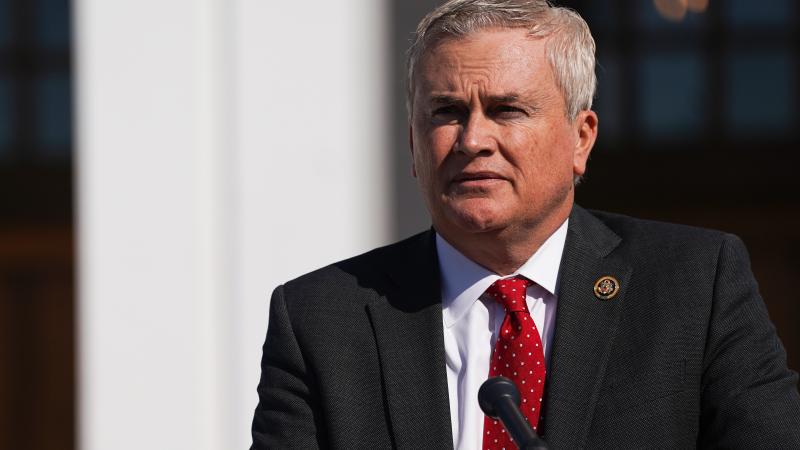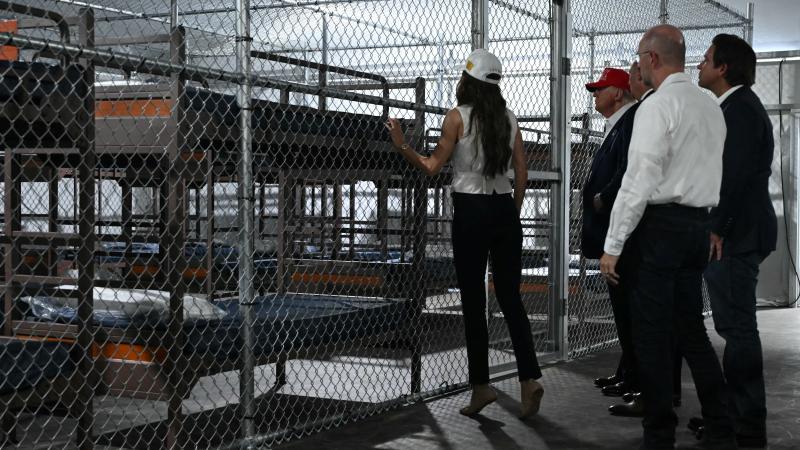Bill would prevent Hawaiian lawmakers from fundraising during legislative sessions
Legislation comes after the arrests of former Senate Majority Leader Jamie Kalani English and former House member Ty J.K. Cullen on fraud charges
The Hawaii Senate Judiciary Committee has recommended approval of a bill that would ban fundraising activities for lawmakers during legislative sessions.
The bill comes on the heels of the arrests of former Senate Majority Leader Jamie Kalani English and former House member Ty J.K. Cullen on fraud charges. The two are accused of taking money and other items in exchange for their votes in the Legislature. English and Cullen have pleaded guilty and will be sentenced in July.
The bill is backed by the state's Campaign Spending Commission, which maintains an online database of what candidates receive in fundraising.
"This amendment will prevent corruption or the appearance of corruption," Kristin Izumi-Nitao, executive director of the Campaign Spending Commission, said in written testimony. "The commission recommends that this committee consider amending the bill to apply to all elected office holders."
The bill, which passed out of committee Tuesday, also had broad support from the public and state organizations. However, some wished the bill went further.
"Common Cause Hawaii also suggests prohibiting legislators, during session, regular or special, from receiving contributions or depositing or using any contribution of money that was not deposited prior to the legislative session," wrote Sandy Ma, executive director of Common Cause Hawaii, in her testimony. "This committee should also consider applying the prohibition to every statewide elected position."
Others also asked lawmakers to ban all contributions during sessions.
"Please consider strengthening and amending the proposed SD1 similar to the Virginia state law which prohibits not just the holding of fundraisers but bans the 'solicitation or acceptance' of campaign contributions during the session," wrote Gary Hooser, executive director of the Pono Hawaiʻi Initiative and a former state senator, in testimony submitted to the committee. "Currently, 28 states place restrictions on giving and receiving campaign contributions during the legislative session."
Sen. Kurt Fevella, R-Ewa Beach, said banning lawmakers' activity in the evenings during the session was an infringement "on our constitutional rights." He said he was in favor of the bill, but he does not think it would stop corruption completely.
"If someone is interested in taking and receiving this money, there's not any bill, any law, that will effect what these people are doing," Fevella said.
Committee Chair Karl Rhoads, D-Downtown-Nuuanu-Liliha, said the bill was not perfect.
"This is not a silver bullet," Rhoads said. "It is an important step, I believe, in delinking our fundraising activities from our legislative activities."
The bill now goes to the full Senate for a vote.















